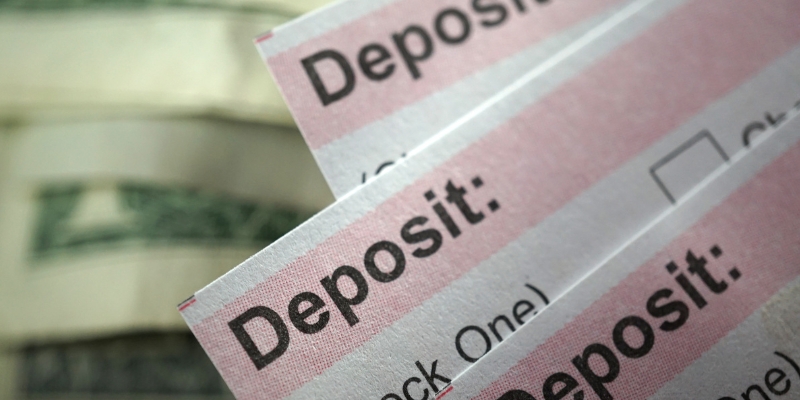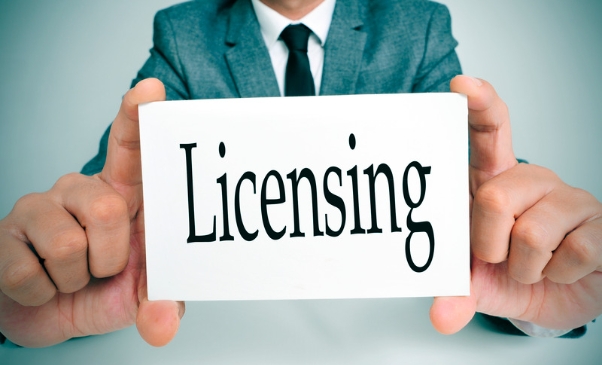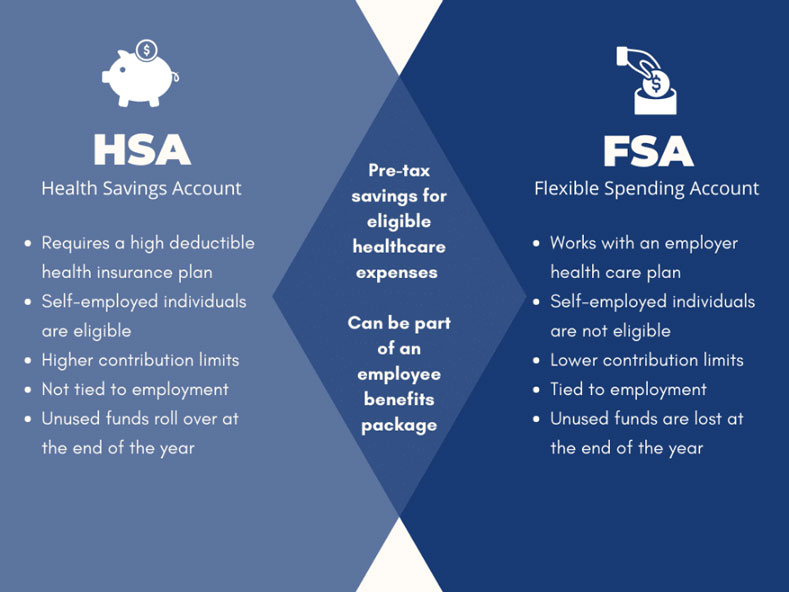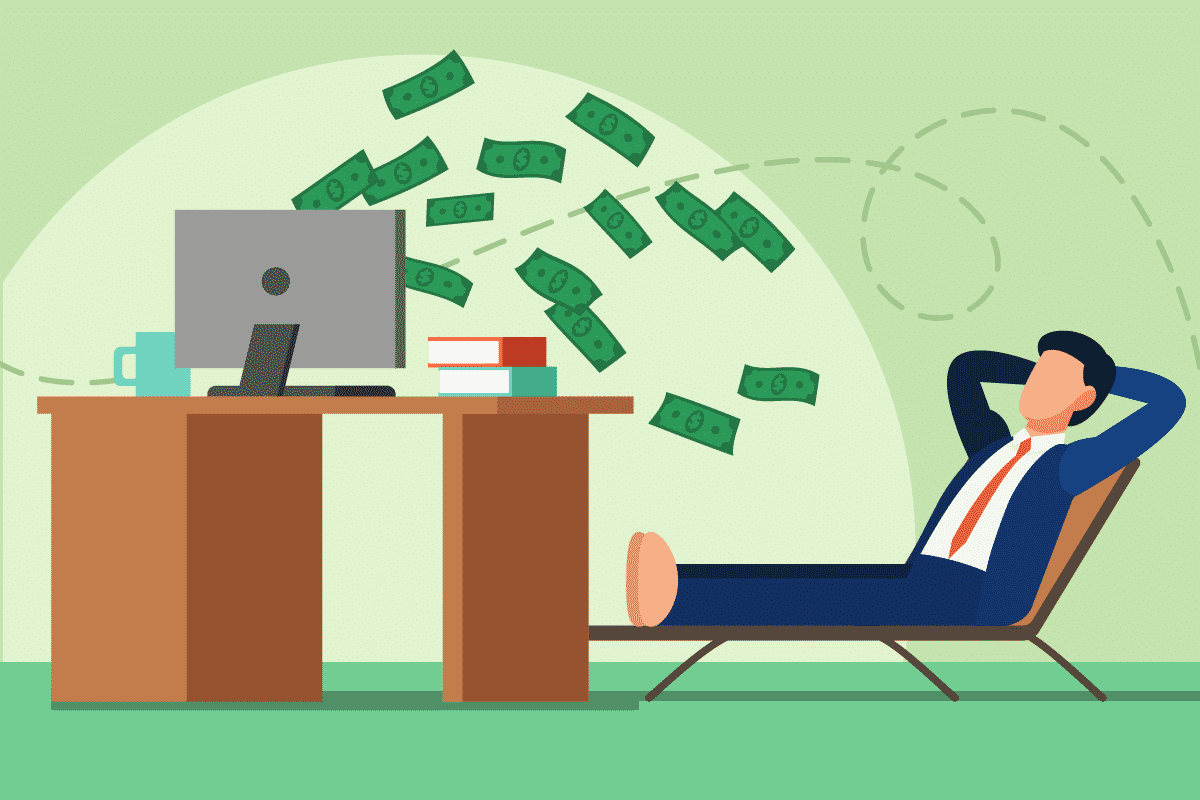Improve Your Credit Score Fast
Your credit score is a crucial indicator of your financial health and should not be ignored. Lenders can quickly understand how responsibly you utilize credit when you have this. When you have a higher credit score, getting approval for additional loans or new lines of credit will be much simpler. If you want to borrow money, having a better credit score may help you get the best possible interest rate on the loan you take out.
Why Is It Important to Have a Good Credit Score?
Your capacity to handle financial obligations is reflected in your credit score. When it comes to financial institutions, your apparent level of responsibility is directly proportional to your credit score. For example, according to the FICO model, a credit score of 850 is considered excellent. What advantages are there to having a good credit score? The solution might be as simple as improved loan conditions and simpler approval procedures. Most individuals will save hundreds of thousands of dollars by maintaining an outstanding credit score. A person with great credit is eligible for cheaper rates when it comes to mortgages, vehicle loans, and anything else that requires financing.
People with superior credit scores are perceived to be lower-risk borrowers, resulting in more banks vying for their business and giving better rates, fees, and incentives to those individuals. On the other hand, individuals with bad credit scores are seen as higher-risk consumers. As a result, there is less competition among lenders for their business, and more companies can get away with charging high annual percentage rates (APRs). So, how to improve credit score?
Review Your Credit Report
- Estimated time: 1-3 hours
Before you can begin to boost your credit, it is helpful to have a better understanding of the factors currently working in your favor (or against you). Checking your credit history is an important step in this process. Request a copy of your credit report from each of the three main national credit bureaus—and compare the results. The next step is to review each report and determine what factors are helping or hindering your overall score.
A history of on-time payments, low amounts on credit cards, a combination of multiple credit card and older credit accounts, loan accounts, and few queries for new credit are all factors that lead to a better credit score. The most significant factors that lower a credit score include delinquent or missing payments, collections, excessive credit card balances, and judgments.

Get a Handle on Bill Payments
- Estimated time: 1-2 hours
More than ninety percent of the leading financial institutions base their credit determinations on FICO scores. Five separate variables are responsible for determining these:
- The history of payments (35%)
- Utilization of Credit (30%)
- The age of the accounts that were used to get credit (15%)
- Credit mix (10%)
- Fresh applications for credit (10%)
As can be seen, the most significant factor in determining your credit score is the history of your payments. For this reason, it is preferable, for example, to have paid-off debts stay on your record. It will work in your favor if you pay your bills responsibly and on time. Avoiding late payments at all costs is thus a straightforward strategy for improving your credit score.
Aim for 30% Credit Utilization or Less
The percentage of your available credit that is being used at any particular moment is referred to as your credit utilization. It is the second most essential component in determining a person's FICO Score after their history of making payments. Paying off your credit card bills in full at the end of each month is the quickest and easiest approach to maintaining a healthy credit usage ratio. If this is only sometimes possible for you, maintaining an outstanding amount equal to or less than 30 percent of your overall credit limit is a decent rule of thumb. From that point on, you may work toward lowering that amount to 10% or less, which is regarded as the best range for boosting your credit score.
Maximize Your Benefits When You Have a Small Credit File
A thin credit file does not include a sufficient amount of past credit activity to be used in calculating a credit score. It is believed that 62 million people in the United States have this issue. To one's relief, there are strategies one may use to beef up a weak credit file and raise one's credit score.
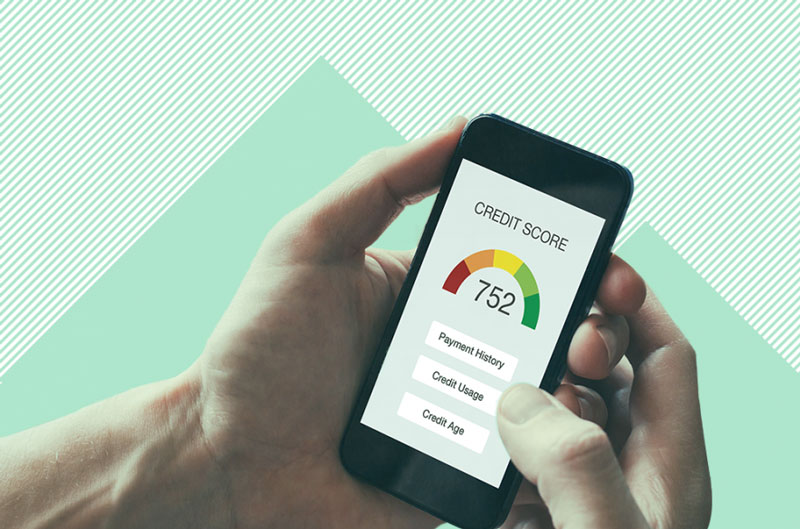
Don't Miss
-
![How to Generate Income from Blogging]()
- Finance
How to Generate Income from Blogging
September 9, 2025
-
![How To Invest In REO Properties: A Complete Guide]()
- Finance
How To Invest In REO Properties: A Complete Guide
August 27, 2025
-
![How to get a small business loan with bad credit]()
- Finance
How to get a small business loan with bad credit
August 28, 2025
-
![How To Make An Offer On A House: A Comprehensive Guide]()
- Finance
How To Make An Offer On A House: A Comprehensive Guide
August 22, 2025
-
![How to Make a Savings Plan for Your Business?]()
- Finance
How to Make a Savings Plan for Your Business?
August 31, 2025
-
![How to Get a Business License? & Why Do You Need a Business License?]()
- Finance
How to Get a Business License? & Why Do You Need a Business License?
August 8, 2025
